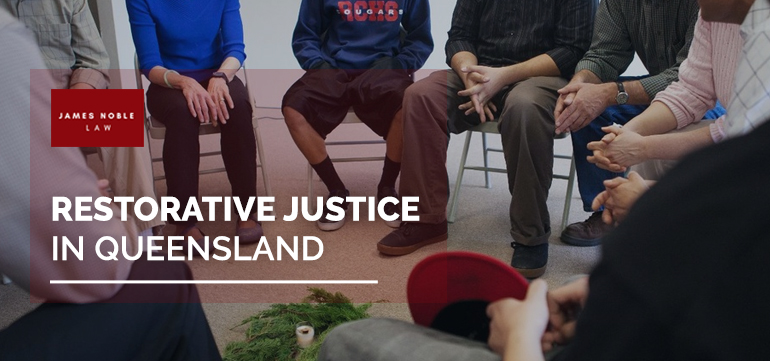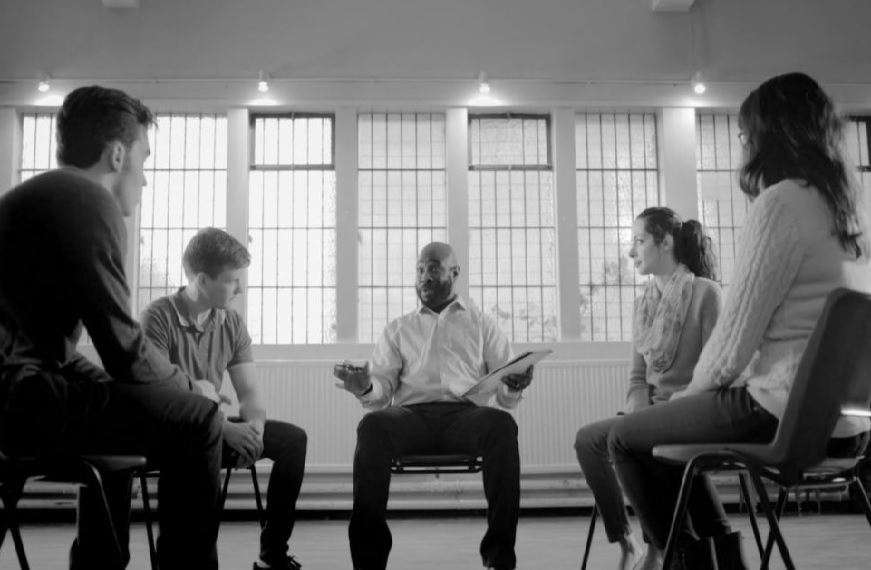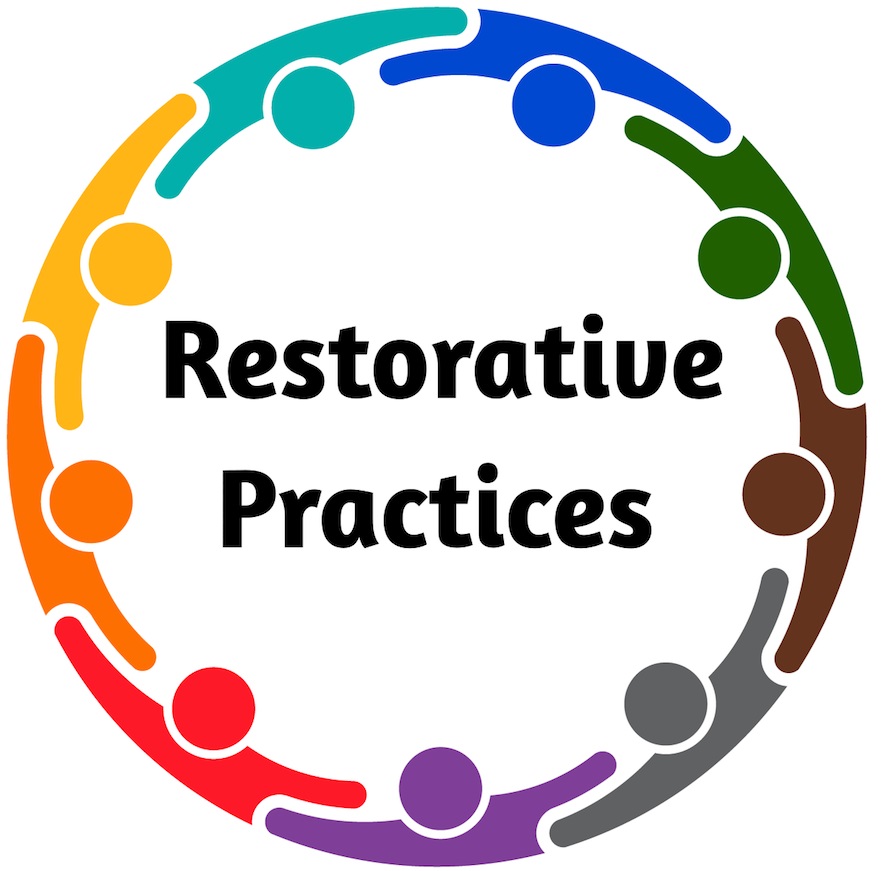
What is Restorative Justice?
 Restorative justice is the principle of diverting offenders to rehabilitative services such as pre-court mediation, community conferencing between the offender/victim and engaging with specialised programs to reform criminal behaviour.
Restorative justice is the principle of diverting offenders to rehabilitative services such as pre-court mediation, community conferencing between the offender/victim and engaging with specialised programs to reform criminal behaviour.
The principles of restorative justice Queensland are reflected within a multitude of different legal instruments, such as the Youth Justice Act 1992 (Qld), the Penalties and Sentences Act 1992 (Qld) and the Criminal Code 1899 (Qld).
What Does Restorative Justice Look Like?
The police have the power to refer juvenile offenders to the process of restorative justice such as mediation between the parties, as opposed to bringing charges for the criminal offence.
If agreed to by the court, this process can be engaged without the need to involve sentencing and litigation. Although restorative justice act often occurs before a matter reaches court, before imposing a sentence the Judge must consider the relevant considerations of not imposing a custodial term.
Although restorative justice act is reflected in youth sentencing more than any other area of law, rehabilitative measures such as these are also afforded to adult offenders under the Penalties and Sentences Act 1992 (Qld).
For example, when imposing conditions for various orders, the Court must pass a sentence which reasonably allows the offender to rehabilitate and reintegrate back into the community.
This ultimate consideration is further supported by the underlying principle of having the offender stay within the community support as opposed to engaging with vicious repetitive criminal cycle.
How Does this Apply in Practice?
 The court has demonstrated significant support for the principles of restorative justice to remain with criminal law sentencing, evidenced by the 200 cases of successful pre-sentence conferences since 2016.
The court has demonstrated significant support for the principles of restorative justice to remain with criminal law sentencing, evidenced by the 200 cases of successful pre-sentence conferences since 2016.
This has further been supported in established case law, specifically in R v Hearne where the Court provided that sentencing principles of rehabilitation should never be lessened, regardless of the severity of the offence the person is a child is charged with.
Restorative justice principles
The court has further demonstrated that restorative justice principles have application in sentencing adult offenders charged with serious offences.
In the case of R v Bainbridge, Cullen &Ludwicki, the Court held the original three-year imprisonment sentence was manifestly excessive and failed to consider whether integration and rehabilitation would suit the offenders more.
On appeal, a new sentence of three years’ probation was passed, with the appeal Judge citing rehabilitative conditions in the reasons for judgement.
What Does This Mean for You or Your Child?
Recently, the court has begun to favour alternative punishments as opposed to custodial periods. Likely orders include community service orders, recognisance, probation, fines and good behaviour bonds. Not only do these sentences foster the sentiment of restorative justice, but also promote the offender’s integration back into society.
The increase of these judgements passed by the Court suggests a distinct shift in the way youth are sentenced from the old principles of punishment and retribution towards and more lenient compensation, rehabilitation and reintegration.
Need Legal Help?
If you need help, please contact the Brisbane Family lawyers team at James Noble Law today for a FREE, no-obligation 20-minute consultation. To schedule an appointment with one of our Qualified and experienced Family lawyers Brisbane.
Find Brisbane family lawyers on Google Maps near you.
You may also like to know more information about the
- Are you at risk of family violence?
- Notice of Child Abuse, Family Violence, or Risk in Parenting Proceedings.
- Sex, Lies & Family Violence, Consider Your Options Today.
- Breaching Domestic Violence.
- Mother withholding child from father Australia.


